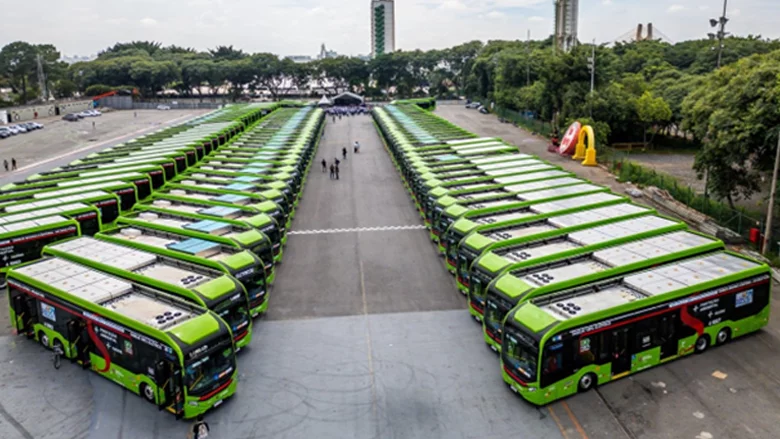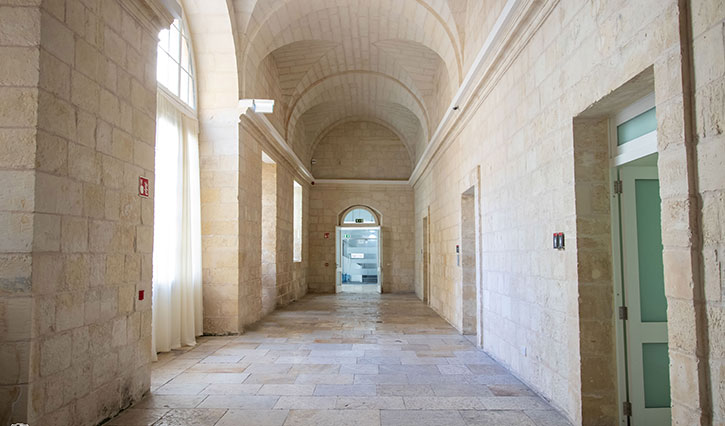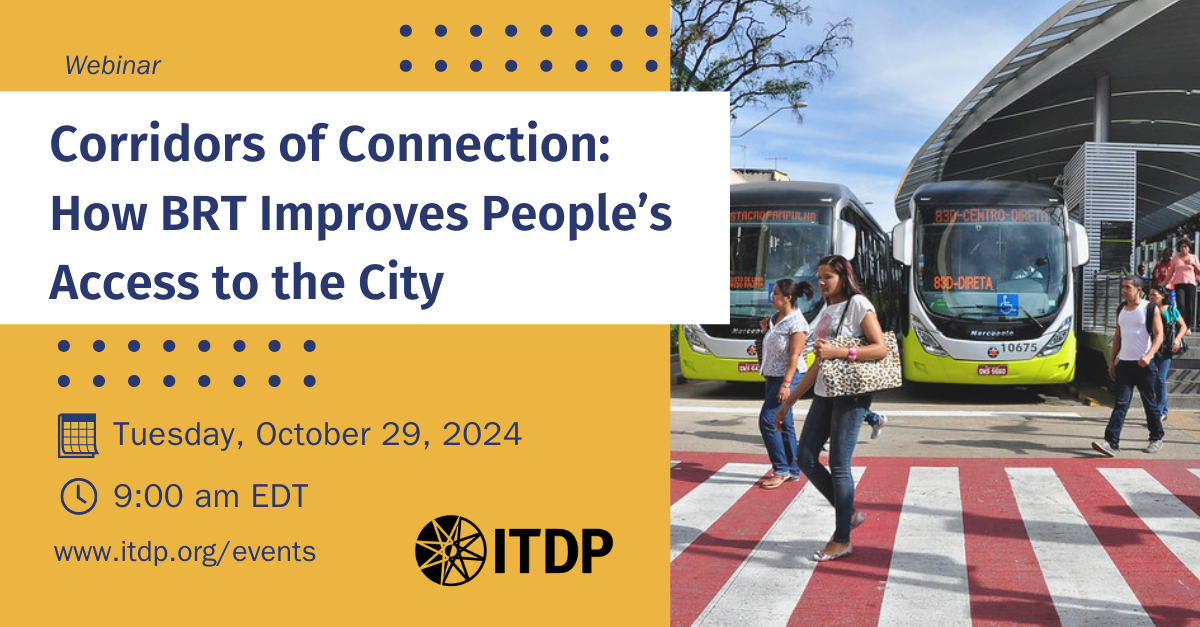Several cities in the developing world are transforming decentralized bus transit services into integrated transit systems. These programs aspire to improve service quality and mitigate negative impacts, such as pollution and traffic injuries and deaths. However, implementation processes in Santiago, Chile and elsewhere have proven difficult. One contributing factor has been a lack of integration of community concerns in the planning process. In this paper, we provide a framework for direct identification of user needs and apply it to the ongoing process in Bogotá, Colombia. Bogotá is integrating its BRT system with reorganized bus services throughout the city. Using expert interviews and a semi-structured community survey, we identify awareness, expectations and aspiration gaps, as well as equity concerns. We also suggest specific actions to improve user information during system implementation. The methods developed for this research and understanding of Bogotá’s lessons are useful for improving planning and implementation of other large-scale transit integration processes.




